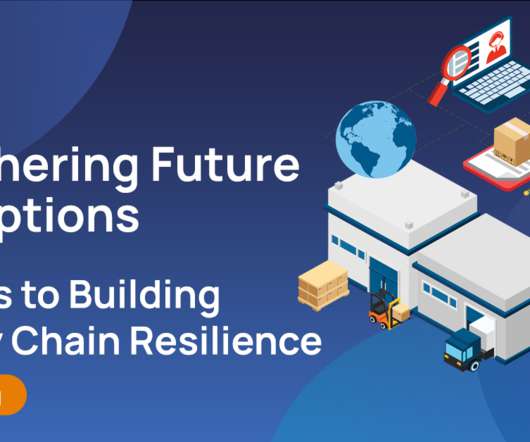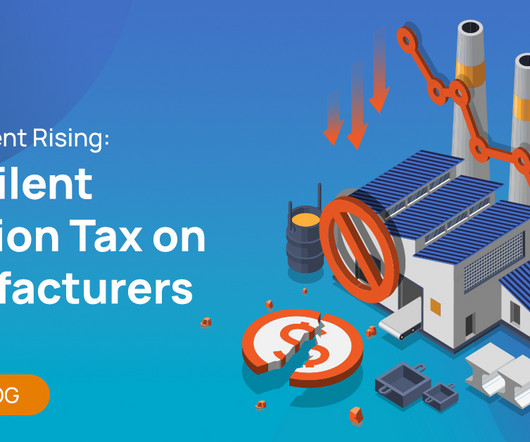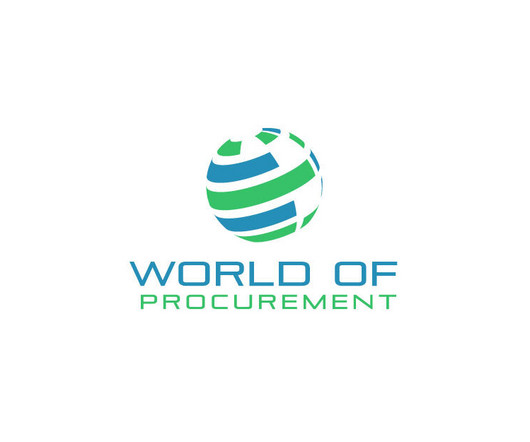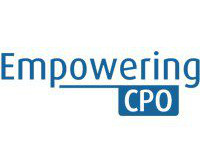Inflation + Source-to-Pay Strategies: The Cure for the Common Price Hike
ivalua
FEBRUARY 10, 2023
It also has an impact on procurement teams as they are responsible for managing supplier relationships, identifying opportunities for cost savings, and ensuring that goods and services are delivered on time and within budget. This helps ensure your contracts remain favorable and that all stakeholders comply with the negotiated terms.











Let's personalize your content